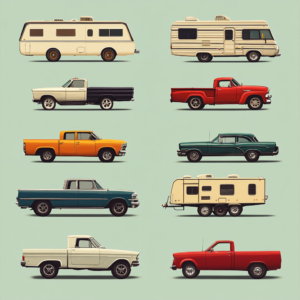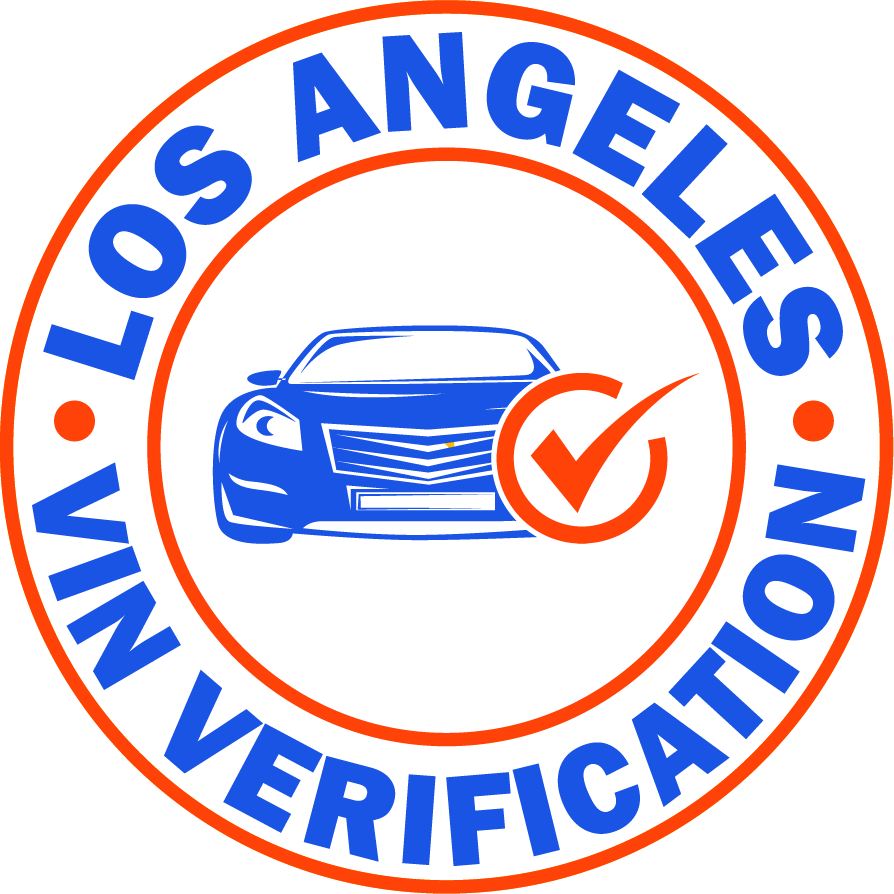
1. Passenger Vehicles
- Sedans: Standard four-door cars used for everyday transportation.
- Coupes: Two-door vehicles that are often sportier in design.
- Convertibles: Cars with a retractable roof, either hardtop or soft-top.
- Hatchbacks: Compact cars with a rear door that swings upward to provide access to the cargo area.
- Station Wagons: Extended vehicles with a large cargo area and rear seats that fold down.
2. Commercial Vehicles
- Pickup Trucks: Light-duty trucks with an open cargo area in the back.
- Vans: Larger vehicles used for transporting goods or groups of people.
- Box Trucks: Commercial vehicles with a separate cargo area, often used for deliveries.
- Semi-Trucks: Large trucks with a detachable trailer used for long-haul transportation.
3. Recreational Vehicles (RVs)
- Motorhomes: Self-contained living spaces on wheels, ranging from Class A to Class C motorhomes.
- Travel Trailers: Towable trailers equipped for temporary living, often used for camping.
- Fifth Wheels: Larger trailers that attach to a special hitch in the bed of a pickup truck.
4. Motorcycles and Scooters
- Standard Motorcycles: Traditional two-wheeled motorized vehicles.
- Cruisers: Motorcycles designed for long-distance riding with a relaxed seating position.
- Sport Bikes: High-performance motorcycles built for speed and agility.
- Scooters: Smaller, lightweight two-wheeled vehicles ideal for short commutes.
5. Specialty Vehicles
- Classic Cars: Older vehicles that are often restored and maintained as collector’s items.
- Kit Cars: Custom-built vehicles assembled from a kit of parts.
- Off-Road Vehicles: Vehicles designed for rough terrain, including ATVs and dune buggies.
- Custom-Built Vehicles: Unique vehicles built from the ground up or heavily modified.
6. Trailers
- Utility Trailers: Small, open trailers used for transporting goods or equipment.
- Boat Trailers: Trailers specifically designed to transport boats.
- Horse Trailers: Enclosed trailers used for safely transporting horses
